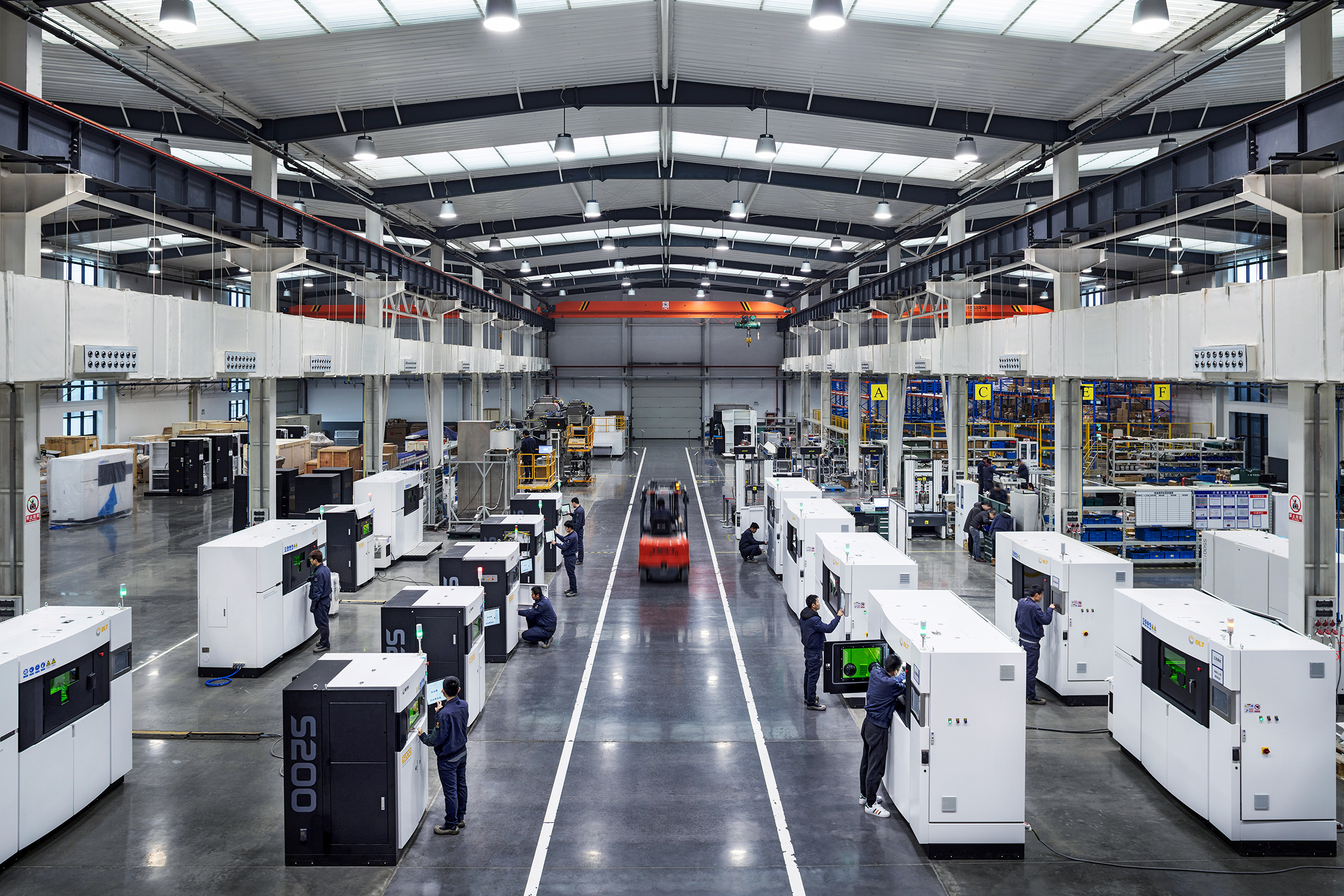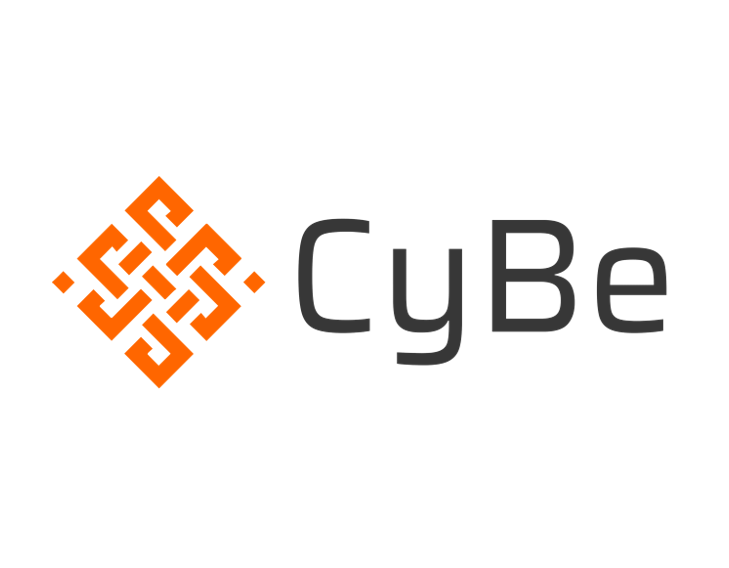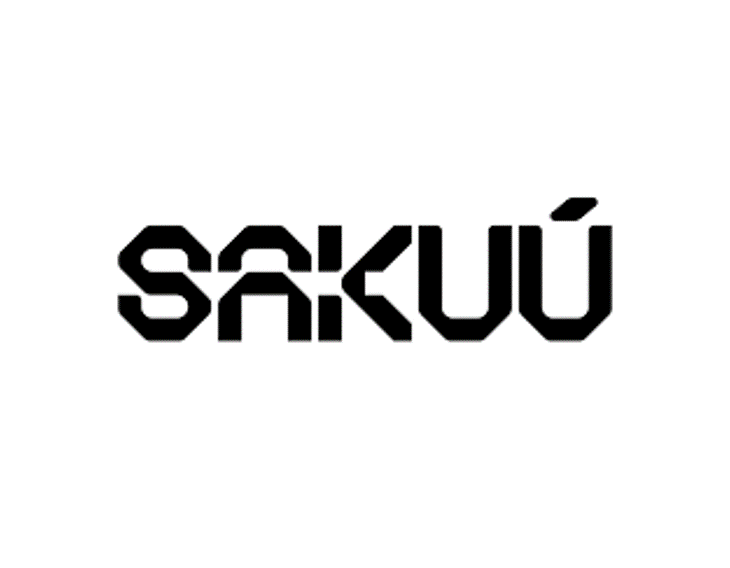123Fab #97
1 topic, 2 key figures, 3 startups to draw inspiration from

Although 3D printing seems to have been a brief trend for end consumers, the additive manufacturing (AM) market continues to experience significant growth, with a market size valued at $35 bn in 2021 and projected to reach $420 bn by 2030.
The AM industry is led largely by the U.S. market with $8 billion in funding, far head Europe at $1.4 billion or China at $700 million. In fact, AM technologies are slowly getting cheaper, faster and most importantly, bigger. In addition, AM technologies can deliver products with improved environmental footprint by reducing waste within production processes, enabling on-demand customized items, as well as more local production, with lower embedded CO2 footprint.
Historically, the aerospace and defense industries pioneered AM solutions in the 1990s to create complex, low-volume parts and custom tooling quickly and efficiently. The automotive industry followed, taking advantage of the opportunities to explore different layouts, aesthetics and functions to speed up the final product design. The use of 3D printing for prototyping, market testing and custom products then expanded and marked the beginning of the ponctual use for additive manufacturing in industries.
While industries such as food, education and robotics are increasing their use of 3D printing, sectors at the forefront of AM innovations because of the individualized production possibilities are construction and healthcare (California’s Manufacturing Network).
Additive manufacturing is enabling healthcare, and in particular the medical and dental sectors, to create implants, prosthetics, surgical guides, medical equipment, molds, wearables and tools. No two wounds or bodies are the same and the democratization of customization of prosthetics, wearables and implants on a global scale is an industry-shattering innovation. Major companies such as HP, Siemens and Dassault Systems have already adopted 3D printing technologies to produce medical devices (Medical Device Network).
In the construction sector, large-scale 3D printing is creating building components, structural beams, architectural facades and transforming the industry (AllPlan). Historically, 3D printing production in construction was isolated and separated from a conventional manufacturing process. With larger-scale additive manufacturing technologies, 3D printing can take place directly on construction sites and create an integrated production environment. For example, Vinci Construction acquired French startup XtreeE, founded in 2016, which offers automated construction of various types of architecture and thus creates entire building structures.
Nevertheless, AM is still relatively new and need further performance improvement and cost reduction in order to reach large scale deployment across most industries. Regulatory and safety concerns also currently limit the spread of 3D printing applications.
Looking at the trends in the AM market, a few patterns emerge:
- An acquisition model is emerging: thriving additive manufacturing companies aim to acquire materials and/or software companies to combine expertise.
- 3D printing continues to industrialize, alongside the growing need for post-processing automation and software solutions to enable the large-scale printing desired by many industries for end-to-end AM workflow.
- Continued focus on industrial sustainability. The Additive Manufacturing Green Trade Association (AMGTA) is growing rapidly and now has over 50 members.
- The tremendous importance that data management will play in securing intellectual property within industrial processes.
2 Key Figures
Market size of $14 billion in 2021
The market was valued at $14 bn in 2021 and is projected to reach $78 bn by 2030, at a CAGR of 21%.
863 funded companies
Tracxn
3 startups to draw inspiration from

CyBe
Dutch-based startup founded in 2013 that develops 3D concrete printers and mortar for enabling 3D printing in construction.

Prellis Biologics
US-based startup founded in 2016 that is using 3D bioprinting technology to build human tissues for drug development and develop human organs for transplantation.

Sakuu
US-based startup founded in 2016 which provides AI-enabled desktop 3D battery printers for automotive applications.
Interested in a startup landscape or in an insights report?
Please fill out our contact form so that we can get back to you very quickly with our product offer.
Want to subscribe to our 123Fab?
Fill out our form to receive the latest insights into your inbox.
